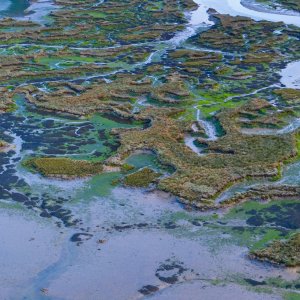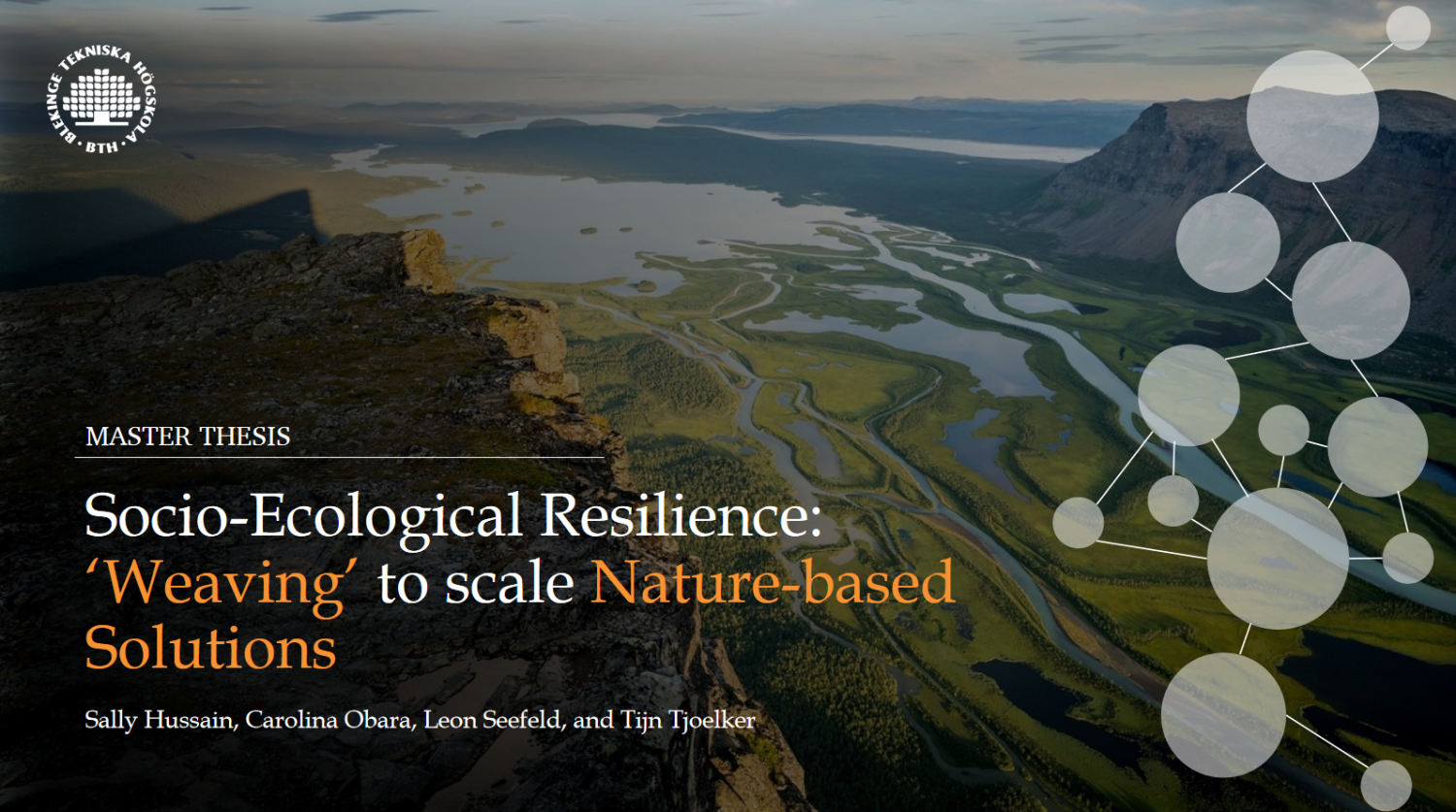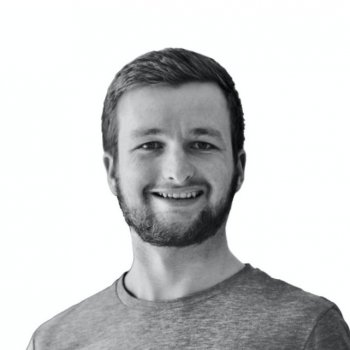

Thus far, little research has been conducted on barriers and enablers for scaling NbS to the landscape level. However, to unfold the full potential of NbS as a means to combat the climate crisis and other interrelated sustainability challenges, NbS need to be scaled beyond urban settings to large landscapes. In collaboration with the Bioregional Weaving Labs collective (aiming to restore, protect, and regenerate at least one million hectares of Europe’s land and sea by 2030 through NbS), a student research team from the Masters in Strategic Leadership towards Sustainability at Blekinge Institute of Technology in Karlskrona, Sweden, has now started to fill this gap in the scientific literature.
In our thesis, we established a list of seven barriers (+ underlying structural conditions) and nine enablers (+ underlying rationale). These range from a lack of collaboration, a lack of supportive policies, and sufficient measurement systems on the barriers side to a trustful co-creation with a variety of stakeholders, an experimental mindset, and adequate knowledge sharing mechanisms on the enablers side. More details about each identified barrier and enabling condition can be found in the full report and visual executive summary.
The overall purpose of the research was to investigate how Weaving could foster the conditions for scaling NbS to the landscape level. Weaving is an emerging leadership practice that is believed to help cohere fragmented change-making efforts and increase the adaptive capacity of socio-ecological systems. Studies on the intersection of Weaving and NbS are currently nonexistent.
Our study describes five core Weaving practices and lands on a working definition for Weaving as “the practice of cultivating meaningful relationships, within, between and across socio-ecological systems for synergistic purposes”. We conclude by indicating how Weaving practices have the potential to address several of the previously established barriers and enablers.
We have developed two practical toolkits (1x Barriers and Enablers + 1x Weaving and Weaving Practices). These aim to re-integrate generated scientific knowledge into societal practice such as the Bioregional Weaving Labs collective and beyond to enhance efforts for tackling the sustainability challenge strategically and holistically.
The research team consisted of Sally Hussain, Carolina Obara, Leon Seefeld, and Tijn Tjoelker. For further questions about the research, please reach out to Leon Seefeld (leon.seefeld@live.de) as a contact person for the team.

